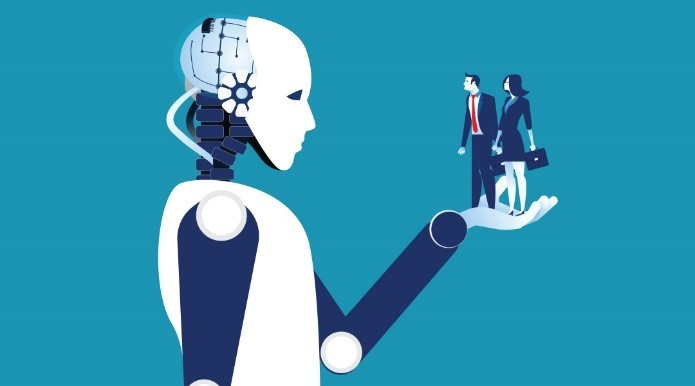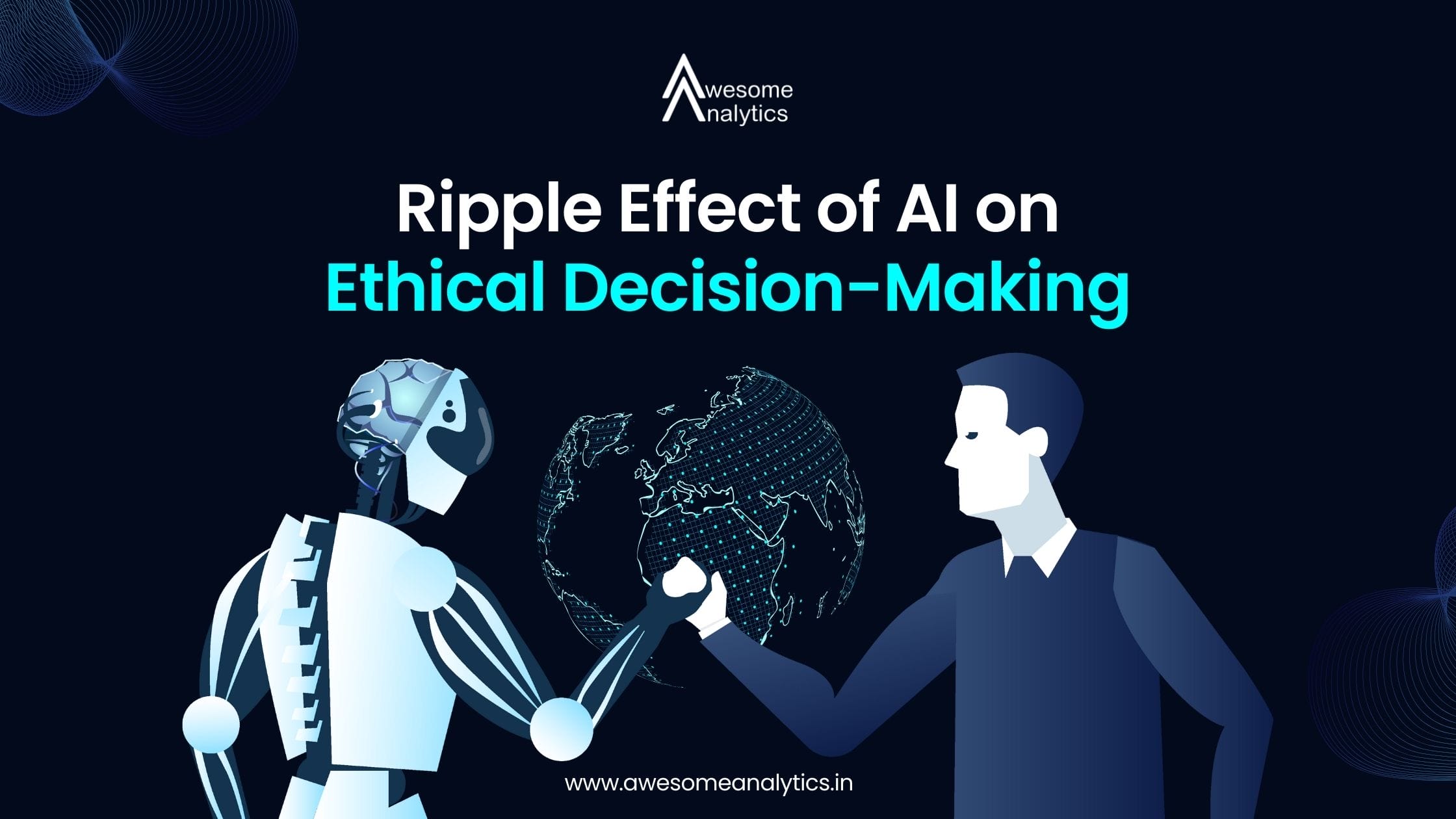AI Decision-Making Demystified
AI decision-making is like having a super-smart assistant – it uses machine learning algorithms to digest loads of data, spotting patterns and making predictions. This digital wizardry finds applications in diverse fields, from healthcare to marketing and even criminal justice.

Balancing Act: Risks and Benefits
AI decision-making is not a flawless utopia; it has its share of risks and benefits.
1. Bias on the Horizon: The main pitfall? Bias. Picture this: an AI system, trained on biased data, making hiring decisions. If the training data has a bias against certain groups, well, the AI might just follow suit.
2. Unintended Consequences: AI systems, efficient as they are, can still goof up. Relying on incomplete or inaccurate data might lead to decisions with unintended consequences. Oops.
3. Silver Lining: Efficiency and Accuracy: But it's not all doom and gloom. AI brings efficiency to the table, analyzing heaps of data swiftly and accurately. It's like having a supercharged decision-making sidekick.

Ethics in the Mix: Navigating the Maze
Given the tightrope walk of risks and benefits, the ethical considerations surrounding AI decision-making are crucial.
1. Fair Play Matters: AI should play fair. That means making decisions without bias. To achieve this, the data used to train the system needs to represent the whole population. No playing favorites.
2. Let's Talk Transparency: The decision-making process should be crystal clear. AI systems need to spill the beans on how they make decisions, providing clarity and understanding to those impacted.
3. Privacy First: Respect for privacy is non-negotiable. AI systems must play by the rules, handling data in line with privacy laws and regulations. No sneak peeks into personal lives
4. Accountability Check: Developers and users of AI systems need to own up. They should keep an eye on the system, ensuring it doesn't go rogue. If biases or errors pop up, it's on them to fix it.
Mitigating Ethical Concerns: A Way Forward
To ensure AI decision-making stays on the ethical high road, a few strategic moves can be made.
1. Mix It Up: Diversify the Data
To keep bias at bay, mix up the data. Ensure it reflects the diversity of the population in question. Don't let the data pool become an echo chamber.
2. Stay Informed and Adaptive Keep an eagle eye on the system. Regular check-ins can catch biases and errors early. Being proactive is the name of the game.

In conclusion, the dance between AI and ethical decision-making is a complex one. While risks lurk in the shadows, the benefits, when harnessed responsibly, can lead us to a more efficient and fair decision-making future. It's a balancing act that demands our constant attention and a commitment to ensuring AI works for us, not against us.
What are your thoughts on AI's role in ethical decision-making? Share your insights in the comments below.



